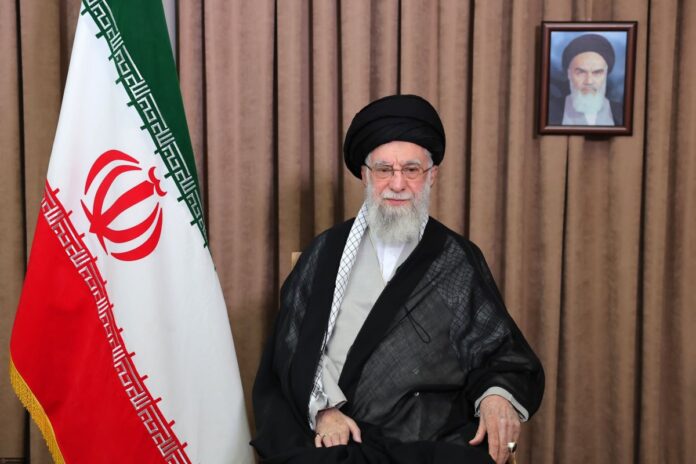Iran’s parliament has voted to close the Strait of Hormuz considered a strategic and vital asset.
A senior Iranian lawmaker on Sunday said that the parliament (Majlis) had agreed to close the key artery for world energy trade as a response to the US aggression against the Middle-East country and the alleged silence of the international community.
The lawmaker said legislators had reached a consensus on the closure of the strait, though Iran’s Supreme National Security Council has the final decision.
Located at the mouth of the Persian Gulf, the Strait of Hormuz is one of the most vital chokepoints in global trade.
About 20 per cent of the world’s oil, estimated as to about 17 to 18 million barrels per day, passes through it.
The move could block $1 billion in oil shipments per day and is likely to send oil prices soaring.
The Supreme Council’s decision is expected to be made as soon as possible
Iran’s major escalation in response to US strikes on its nuclear facilities “will be done whenever necessary,” media reports quoted Email Kosari, Commander in the Revolutionary Guards, as saying on Sunday.
The strait connecting the Gulf of Oman with the Persian Gulf is just 20 miles wide at its narrowest point.
Shipping lanes in the strait — which is the area deep enough for ships to pass — are even narrower at less than two miles wide in each direction, making them much more vulnerable to attacks and threats of closure.
Being a shallow channel, it is a target for underwater mining, while the narrowness of the strait makes passing vessels vulnerable to attack from shore-based missiles or interception by patrol boats or helicopters.
However, media reports say Iran has no legal authority to block sea traffic through Hormuz, and any attempts by its navy to bar entry to the strait would likely be met with a strong response.
Impact On Asia
In addition to Iran, the narrow waterway is a major channel for the bulk of oil from regional giants like Iraq, Kuwait, Qatar, Saudi Arabia, and the UAE.
According to reports, the Asian continent is likely going to bear the brunt of any closure of the waterway as China, Japan, India, and South Korea get most of their oil imports from the Strait of Hormuz.
China, a strategic partner of Iran, is the world’s largest buyer of Iranian oil and would be affected by any closure.
It had previously used its veto power in the United Nations Security Council to block sanctions or decisions against Tehran.
Iran’s economy would also not be spared by the impact of the closure.
It last disrupted traffic in the Gulf in April 2024, when seized an Israeli-linked container ship near the channel and accused MSC Aries of breaching maritime rules.
In April 2023, Iran seized a US-bound tanker, claiming the ship had struck another vessel.
President Donald Trump said US air strikes on Sunday “totally obliterated” Iran’s main nuclear sites, as Washington joined Israel’s war with Tehran in a flashpoint moment for the Middle East.
In a televised address, Trump warned the United States would hit more targets if Iran did not make peace quickly.
Hours later, Iran launched two waves of attacks against long-time foe, Israel.
-Advertisement-
Grab our latest Magazine, "Hon. Chief C.O.C Akaolisa gets justice". Get your order fast and stress free.
For more details about Newswire Law&Events Magazine, kindly reach out to us on 08039218044, 09070309355. Email: newswiremagazine@yahoo.co.uk. You will be glad you did






